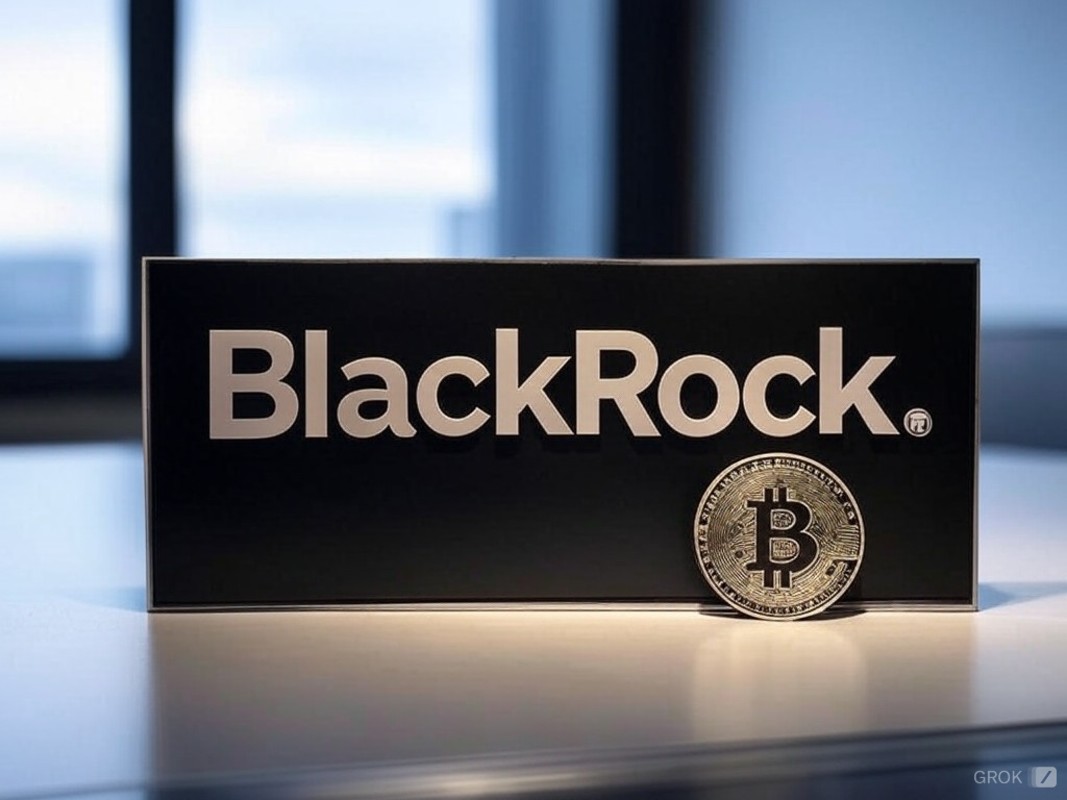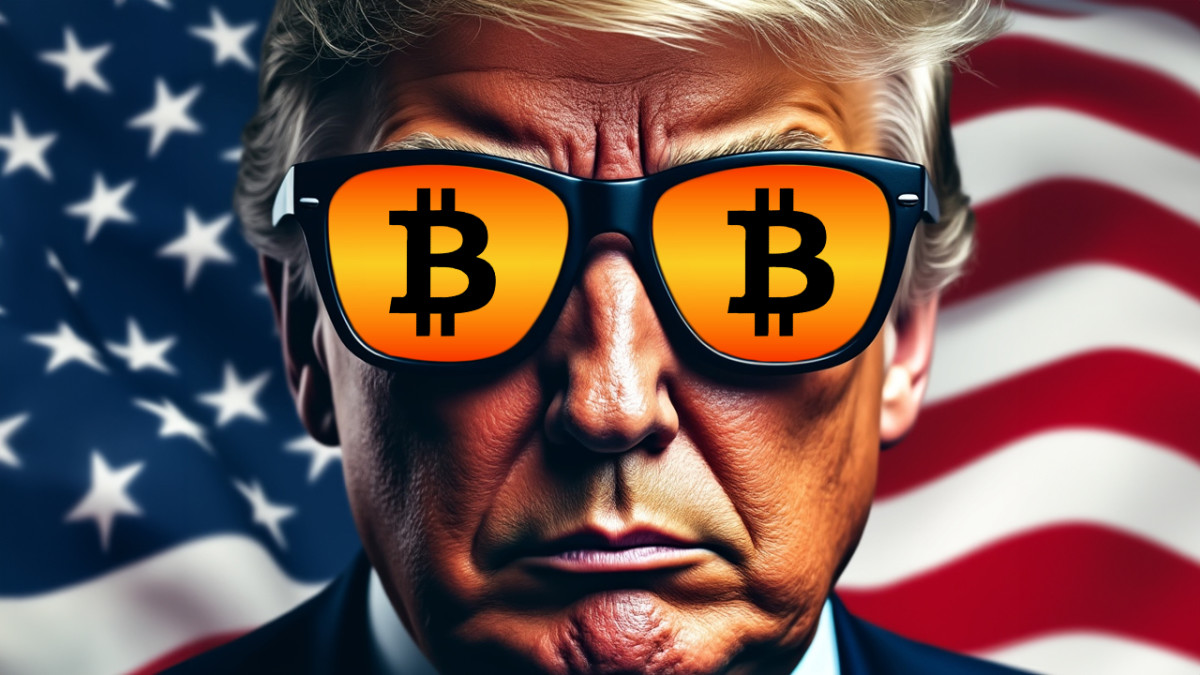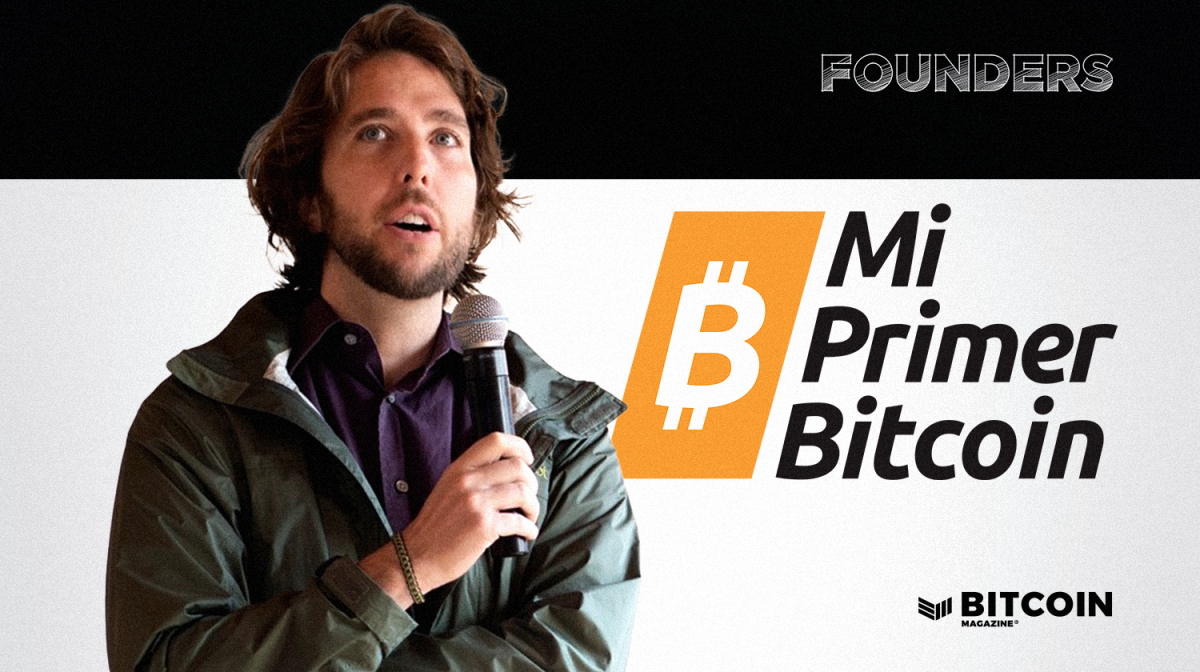The Privacy Issue: Letter From the Editors
Bitcoin is code. Code is speech. And writing code is not a crime. Announcing "The Privacy Issue".
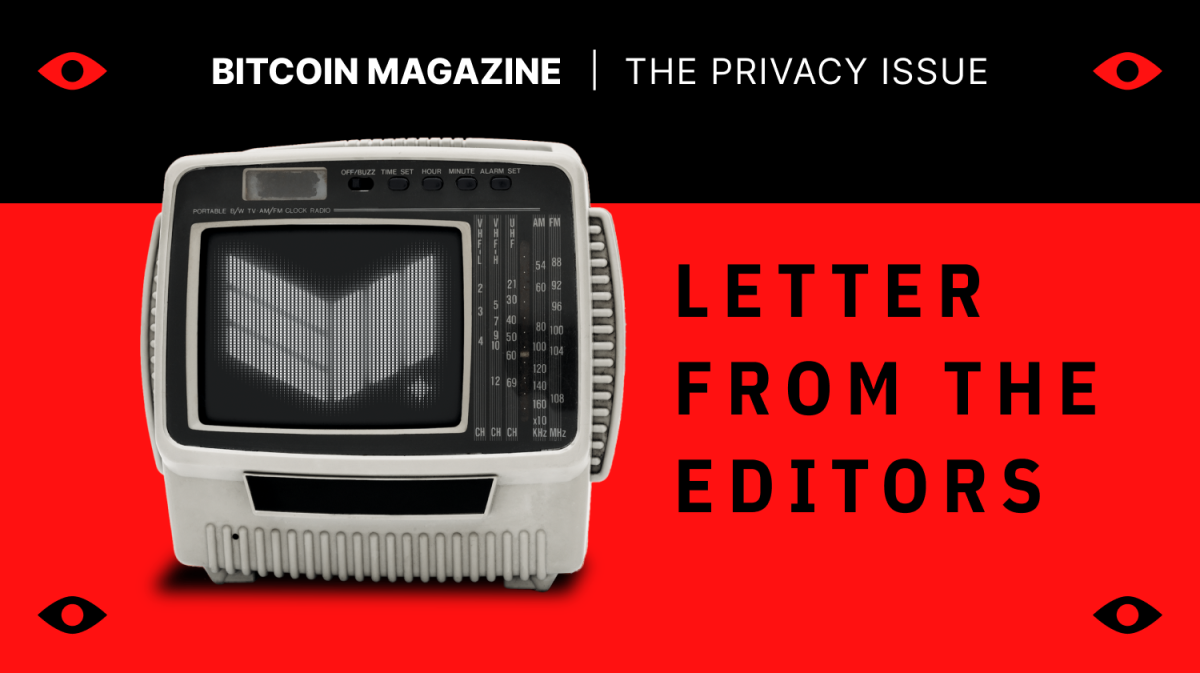
Privacy is necessary for an open society in the electronic age. Privacy is not secrecy. A private matter is something one doesn't want the whole world to know, but a secret matter is something one doesn't want anybody to know. Privacy is the power to selectively reveal oneself to the world.
Bitcoin finds itself yet again at another crossroad. On one side, the easy road, paved with Number Go Up, highly regulated ETF products, and surveillance state-endorsed stablecoins as the scaling solution for the next billion users. The other path is objectively more difficult to traverse, a darker way forward, despite the illuminating words of Eric Hughes and other pioneers in the field of open source cryptographic tooling.
On March 3, 1993, Hughes published A Cypherpunk’s Manifesto, articulating the direction of the recently-formed Cypherpunks: a Bay Area group of hackers and activists composed of Hughes, Tim May, John Gilmore and others under the moniker created by St. Jude Milhon.
Bitcoin culture –– if such a homogenous thing still exists –– is wrapped up in another culture war distraction while the regulatory moat fills with legislation preventing self custody while penal system reptiles surface to toss those who dared to write code in the pen.
We cannot expect governments, corporations, or other large, faceless organizations to grant us privacy out of their beneficence. It is to their advantage to speak of us, and we should expect that they will speak.
How did we get here? How have we spent the last year arguing about what constitutes spam, and ethical use of Bitcoin, while completely ignoring the overflowing regulatory moat? There were more than enough signs. There were more than enough warnings. Congress is putting together drafted legislation for further internet regulation, stablecoin bills, social media application bans, while the state continues to redefine in real time what a cryptocurrency even is.
To try to prevent their speech is to fight against the realities of information. Information does not just want to be free, it longs to be free. Information expands to fill the available storage space. Information is Rumor's younger, stronger cousin; Information is fleeter of foot, has more eyes, knows more, and understands less than Rumor.
Bitcoin is a database. Bitcoin is speech. Bitcoin is code. The compliance-driving hypnotists will tell you we must ask permission from our local governing offices for the embrace of bitcoin. So that we can pay our taxes in bitcoin and service our legal debts. Samourai, TornadoCash, Wasabi Wallet… they wrote code. Code that users across the globe, in myriad legal jurisdictions, utilized to exchange alphanumeric strings.
People have been defending their own privacy for centuries with whispers, darkness, envelopes, closed doors, secret handshakes, and couriers. The technologies of the past did not allow for strong privacy, but electronic technologies do.
Writing code is not a crime. Code is speech. Distributing code is an expression between parties of bytes, reduced to bits, to ones and zeroes. Any precedent that establishes anything other than this is in direct violation of the First Amendment, and furthermore, against the natural code of freedom of expression.
Cypherpunks write code. We know that someone has to write software to defend privacy, and since we can't get privacy unless we all do, we're going to write it.
There are plenty of ways that Bitcoin the network can spread itself across the globe, and how bitcoin the asset can monetize to astronomical heights without bringing an ounce more freedom to the populace of the world. Bitcoin's definition has been gaslit by the hypnotists to be within the purview of the regulatory moat, and thus Bitcoin is in dire need of a redefinition. Bitcoin was never about dollar denominated value, it was never about perpetuating the UST market via Treasury-backed tokens utilized by captured, KYC-demanding on- and off-ramps. Bitcoin was never about embracing the state and the furthering of the reach and influence of the psychopathic criminals obsessed with changing the definition of speech and expression, of code and of numbers.
Bitcoin is a tool of empowerment and Bitcoin is for enemies. Well, now our enemy, the state, is empowered.
We know that software can't be destroyed and that a widely dispersed system can't be shut down.
Writing code is not a crime. We sat and argued over culture signaling with all the class of drunken sport rivals while watching the bookkeepers take their red felt pen to change the meaning of words, slowly bringing the frogs, and their dictionaries, to a boil.
Privacy only extends so far as the cooperation of one's fellows in society. We the Cypherpunks seek your questions and your concerns and hope we may engage you so that we do not deceive ourselves. We will not, however, be moved out of our course because some may disagree with our goals.
Bitcoin is just a ledger.
A database.
Let us proceed together apace.
Whispering numbers to a loved one cannot be redefined as a criminal act.
Onward.
The Editors
___________________________________________________________________________
#!/usr/local/bin/perl -- export-a-crypto-system sig, RSA in 5 lines of PERL:
($s,$k, $n)=@ARGV; $w=length$n; $k="O$k"if length($k)&1; $n="O$n", $w*+if$w&1; die
"$0 -d-e key mod SW-=2;$_-unpack ('B*' , pack('#*', Sk)): s/~o*//g;s/0/d*ln%/g;s/1/d*In%lm*ln%/g; Sc="1$ (_)p" ;while(read (STDIN, Sm, Sw/2))($m=unpack("H$w", Sm): chop($a= echo 160161\Um \Esm\U$n\Esn$c|dc*):print pack('H*', '0'x($v-length$a).$a);} ___________________________________________________________________________ To test, just save it as file "rsa", then do: % chmod 700 rsa % echo "squeamish ossifrage" | rsa -e 11 ca1 > msg.rsa % rsa -d ac1 cal < msg.rsa 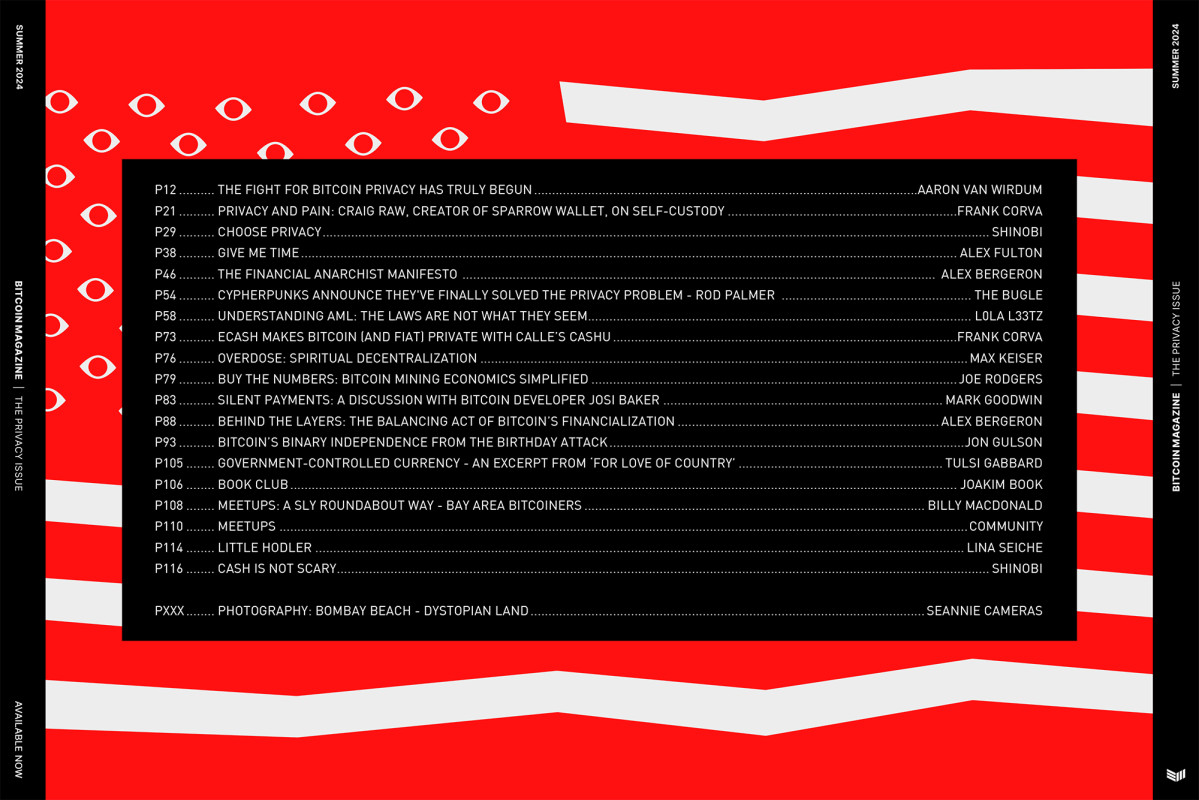
What's Your Reaction?













